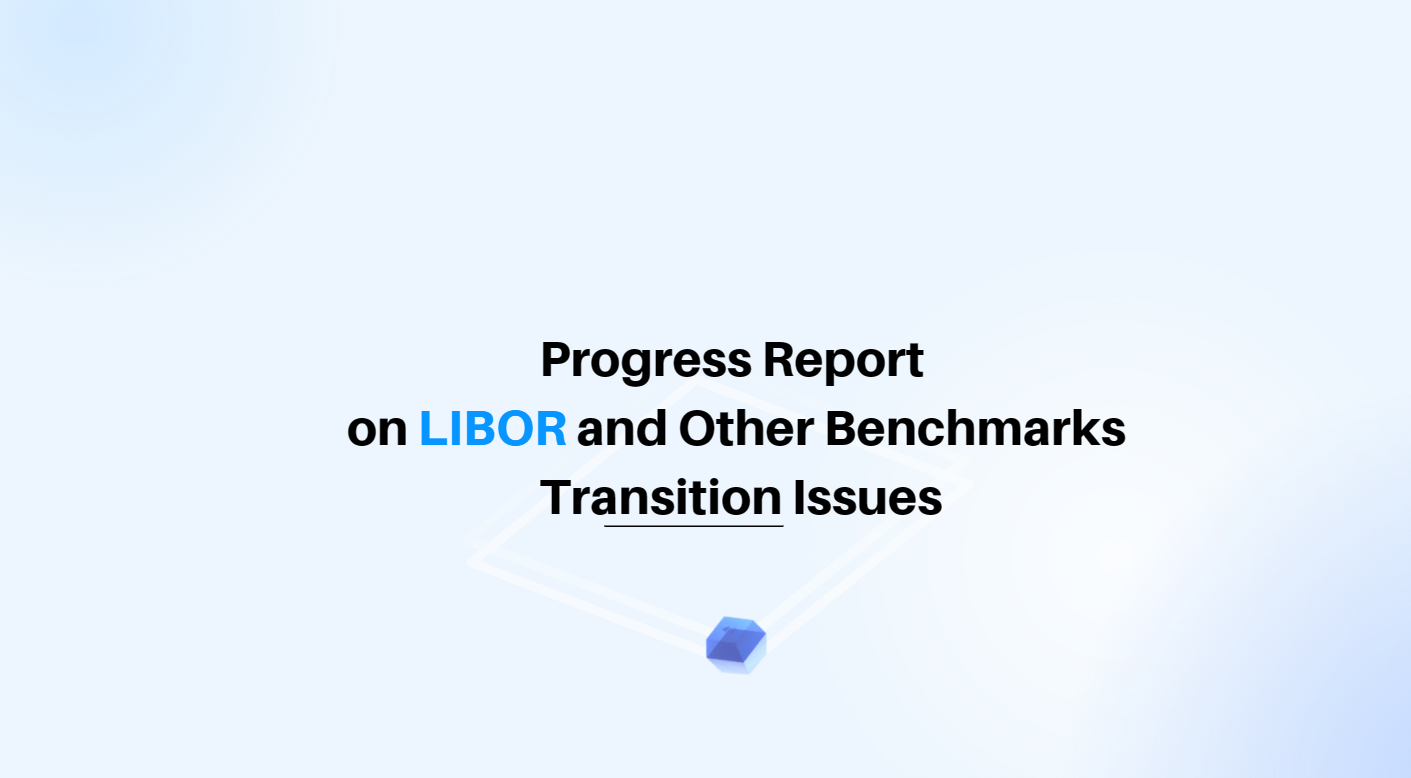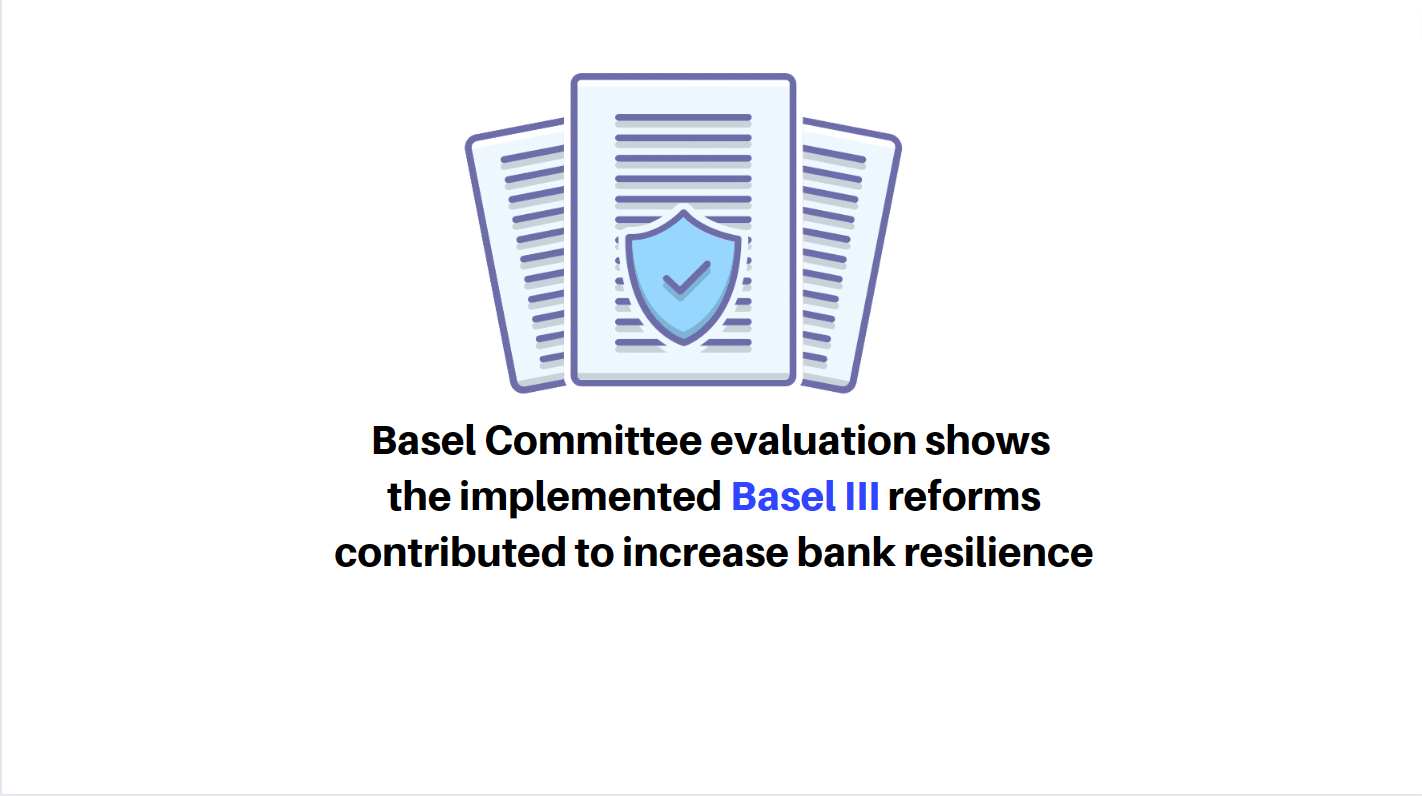Growth of 6% possible if policies tailor-made, more evenly balanced
Due to the impact of COVID-19, economic recovery momentum has weakened in recent months, weighing on achieving this year's GDP growth target. It is estimated that this year's GDP will be around 3.3 percent, well below the pre-pandemic growth rate of 6 percent and the average growth rate of 5.1 percent over the past two years. Behind the relatively low growth forecast, we see not only the triple pressure of demand contraction, supply shocks and weakening expectations, but also the impact brought by COVID-19 resurgences, leading to more complex challenges for China's economy.
However, China's economy is resilient and has sufficient policy adjustment space. Looking forward, if the government can better minimize COVID-19 impacts on economic and social development, and make good use of policy space to help the economy return to a normal and reasonable growth track as soon as possible, the economy will see faster recovery. This is not only necessary to ensure employment and people's livelihoods, but also a must to achieve the medium and long-term goals of high-quality development.
Then what is the possible and reasonable growth range of China's economy next year? Many experts and scholars have suggested that the government set the economic growth target for next year at about 5 percent, while we think otherwise.
First, this year's economic growth, hit hard by COVID-19, is much lower than normal, which will create a low-base effect of nearly two percentage points on year-on-year GDP growth next year. Therefore, if next year's economic growth target is set at about 5 percent, then the real economic growth after deducting the low base effect is only about 3 percent, which is even lower than the estimated growth rate for the whole of this year. This target means that next year, the economy will not recover, but will grow more slowly, and two consecutive years of ultra-low growth may lead to unbearable employment pressure.
Second, the government's formulation of annual economic growth targets not only has guiding significance for local governments, but also has a certain instructive effect on the expectations of market entities. Under the current weakening expectations of market players, setting an economic growth target lower than in previous years is not conducive to stabilizing expectations and boosting confidence.
We think the reasonable growth range of China's economy next year should be between 6 and 7 percent. This range means that the economy will recover significantly next year from a low growth base this year, and the average growth rate is expected to reach about 5 percent this year and next, which is the same as the average growth rate of the two years from 2020 to 2021. In other words, real economic growth after removing the base effect stabilizes, which is key to easing expectations of market entities and maintaining employment.
On the other hand, although a growth range of 6-7 percent seems to exceed the pre-COVID figures, there is no need to worry about inflation, because the real growth rate after excluding the low base effect is still slightly lower than China's potential growth rate, and the economy will not overheat.
So, can we achieve such a growth target next year? It is undeniable that next year, the economy will still face multiple pressures such as COVID-19 impacts, shrinking exports and weakening expectations. International institutions are also cautious about both global and China's economic prospects next year, and it is generally expected that China's economy will grow by 4-5 percent next year. However, as we see, China's economy is resilient enough, and since the COVID-19 outbreak, China has not overused stimulus policies, leaving a lot of leeway for further boosting moves. With good use of policy space, it is entirely possible to achieve a growth of 6-7 percent.
First, local governments should continuously optimize anti-COVID-19 measures and minimize the negative impact on the economy, so as to help growth return to normal as soon as possible.
Second, active fiscal policies should focus more on supporting green public investment, scientific and technological research, and micro, small and medium-sized enterprises. The central government can issue special bonds next year to help local governments support industries, enterprises and employees that have been impacted amid COVID-19 headwinds. The government should also continue to cut taxes and fees for enterprises to help build up sentiment and encourage them to resume investment and create more jobs.
Third, monetary and credit policies should be given full play for their countercyclical adjustment and structural adjustment role. Reserve requirement ratio cuts and interest rate cuts can help provide sufficient liquidity support for the economic recovery, while credit services can focus on the real economy. Financial institutions should be guided and encouraged to provide more credit services to help enterprises enhance technological innovation and upgrade manufacturing equipment to promote industrial upgrading. In addition, green finance should be further developed to support the development and investment of carbon-reduction technologies. The financial system should continue to support micro, small and medium-sized enterprises and facilitate financing for them.
Fourth, the 16 new measures recently issued by the People's Bank of China, the central bank, and the China Banking and Insurance Regulatory Commission to support real estate financing should be implemented as soon as possible. The sluggish real estate sector is weighing on economic growth this year. Next year, while insisting that houses are for living in instead of speculation, local governments should ramp up more efforts to reverse the downward trend of real estate through the implementation of the new measures in a city-specific manner, stabilize the market and expectations, and promote economic recovery.
Fifth, reform of platform enterprises should be accomplished as soon as possible, and then detailed rules should be put forward to promote the healthy development of the digital economy. The internet and digital economies have been playing important roles in China's high-quality development. Therefore, it is necessary to consolidate the legal foundation for the protection of property rights, accelerate reform, establish a unified national market system and business environment in which all enterprises are treated equally and compete fairly, stabilize the expectations of market entities, and stimulate the vitality of innovation and entrepreneurship among entrepreneurs and technical elites.
The views don't necessarily reflect those of U-Sharing.






















































First, please LoginComment After ~